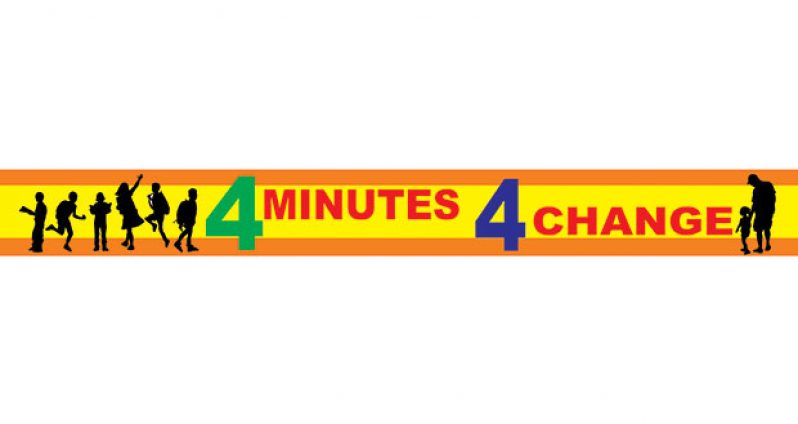IF you have children who are pre-adolescent (10 -13 years old), then you should be aware that they are approaching puberty and their bodies are beginning to develop and change: now is a good time to have a talk with them about what to expect and what puberty means.
On the grand scale of things, talking to a child about puberty is not the end of the World. However, some parents are highly embarrassed about such things and dread the day when they will have to broach the subject. How Parents feel about it usually stems from how they were raised. Yet parents owe it to their children to be as open as possible about all things concerning life and their development. Bringing things out into the open and explaining what they mean: discussing them with your children and answering any questions that may arise is the healthy way to prepare your children for their future. This is a holistic approach that fosters a good child/parent relationship
Child/parent relationships usually start out reasonably good. Parents are never embarrassed to teach their children simple life skills,such as how to wash and keep themselves clean when they are young. But as children approach adolescence, new parenting skills need to be adopted and later on even adjusted to meet the transitional needs of young people’.
Knowing how to speak to young people about issues that will affect their lives is a useful skill for parents to acquire. It fosters mutual respect and understanding and helps children to feel secure, loved and appreciated. Children need to know that adults ‘have their backs’ and are looking out for them in every respect, every step of the way.
Because there is no way to avoid the inevitable and nature will always have her way, parents should not avoid confronting developmental issues or brush them under the carpet. Children deserve to be given sensible advice and information in a timely manner and the best people to do this are their parents or caregivers.
If you are the kind of parent who feels embarrassed to speak to your children about certain issues, here are some tips that you should consider.
1) Tact: If you speak to children tactfully, you will always get the best out of them and they will listen. Choose your words, choose your moments. Good communication between parents and children should be fostered early on in childhood.
2) Information and advice: Young people can only make informed choices if they are given the correct information and advice. If they are given good, solid advice from the start, they will always appreciate and listen to their parents as they grow.
3) Duty of care: Parents have a duty of care towards their children. Who else is meant to nurture them, show them the right way or teach them life skills? The alternative is leaving children to learn from their ill-advised peers.
4) Embarrassed or clueless? If you need advice on how to approach certain issues with children, call the Childcare and Protection Agency and speak to a Childcare Officer on 227 4082 or go on line and look up the information you need.
Children naturally rely on parents (and adults) for advice, discipline, security, nurturing, love and attention. It is your duty not to let them down. Let them know you care.
If you are concerned about the welfare of a child,call the CPA helpline on 227 0709, or write to us at childcaregy@gmail.com
A MESSAGE FROM THE CHILDCARE AND PROTECTION AGENCY, MINISTRY OF SOCIAL PROTECTION
Your duty of care
SHARE THIS ARTICLE :
Facebook
Twitter
WhatsApp




.png)









